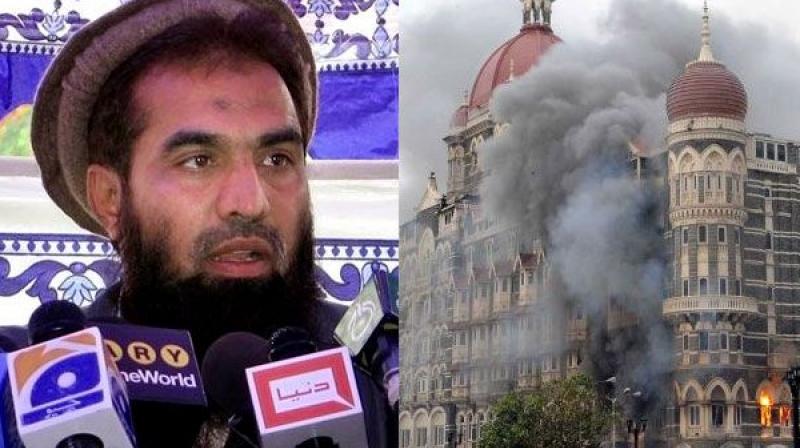'China should ask Pak to address India's concern on terrorism': USIP

Washington: The Trump Administration needs to convince China to ask Pakistan to take "good-faith measures" to address India's concerns on cross-border terrorism which is a key trigger of Indo-Pak military escalation, a top American think-tank said in a new report.
US Institute of Peace in the report warned that any terrorist activity coming from across the border might escalate into a major war, which could be disastrous for the region.
"Washington needs to convince Beijing to urge Pakistan to take good-faith measures addressing India's concerns on cross-border terrorism, which is a key trigger of military escalation. Beijing could in turn prod Islamabad to prosecute terrorists involved in attacks on India as a first step," USIP said.
"Meanwhile, the Indian government should abandon its current policy of seeking to internationally isolate Pakistan.
These moves by both countries could create an opening for resuming talks and politically settling the Kashmir issue," it said.
The report said that China's relations with Pakistan have deepened particularly after China Pakistan Economic Corridor (CPEC) agreement and Beijing has greater influence over Islamabad's policies than Washington does.
"The US should regularly underscore the urgency of the Kashmir situation to Chinese counterparts at the highest levels and make a forceful argument that a South Asian war would directly threaten China," it stressed, adding that China's policy on the Kashmir issue between India and Pakistan has a significant impact on regional stabilisation and crisis management efforts in South Asia.
"Beijing also plays an important third-party role in helping deescalate hostilities between the two countries," it noted.
Since the 1980s, China's policy on Kashmir has shifted from a strong pro-Pakistani stance to a more balanced one between Pakistan and India, the report said.
"Chinese diplomatic support for internationalising the Kashmir issue in the United Nations has diminished over time, though Beijing also has blocked UN action against Pakistan-linked terror groups," USIP said.
The report said that during crises, Chinese concerns about preventing war between India and Pakistan "outweighed political considerations to defend Pakistan", and Beijing worked closely with Washington to mitigate regional tensions.
It said China's "protection" of Pakistan-based militant groups that have launched terrorist attacks in India from international criticism and punitive actions undermines its claims of neutrality.
China has blocked action in the UN sanctions committee over Pakistan's release of Mumbai attack mastermind Zaki-ur Rehman Lakhvi and extended its technical hold on a ban on Jaish-e-Mohammad chief Masood Azhar for his involvement in the Pathankot attack on an Indian air force station.
"China also prevented India from naming Jaish-e-Mohammad and Lashkar-e-Taiba in the BRICS (Brazil, Russia, India, China and South Africa) declaration of October 2016 that condemned terrorism in all its forms. Over the years, China has refused to support the Indian proposal to issue a joint declaration against terrorism, which Beijing views as an Indian strategic design to internationally isolate Pakistan," the report said.
USIP said China has the potential to play a greater role in stabilising the region, but thus far has been relegated to occasional crisis manager and has not proactively called for resolution of Kashmir issue.
"Although Beijing prefers that a war not break out, it also benefits from some level of Indo-Pakistani tension, which splits India's strategic attention on China," the report said.

